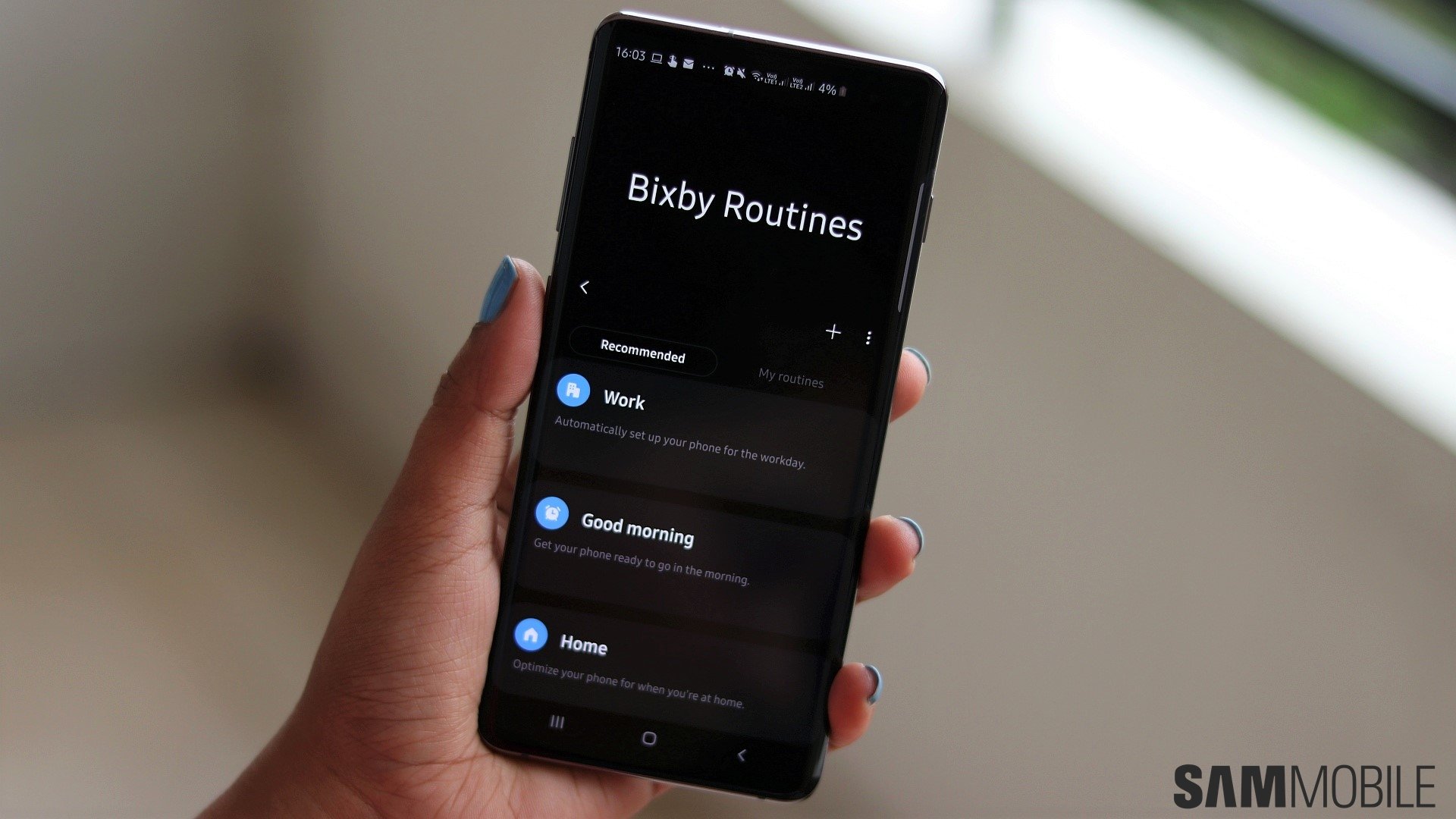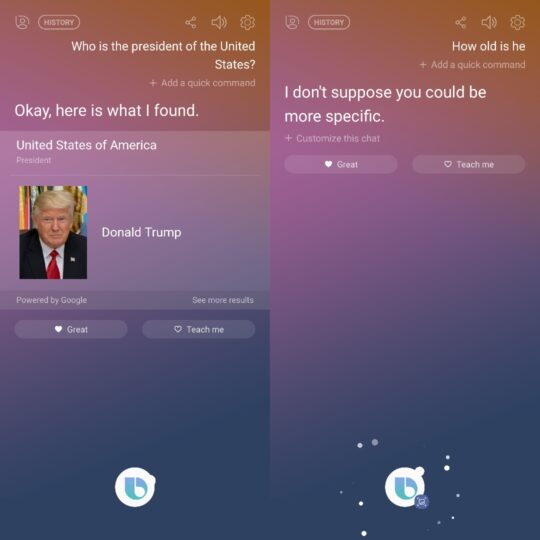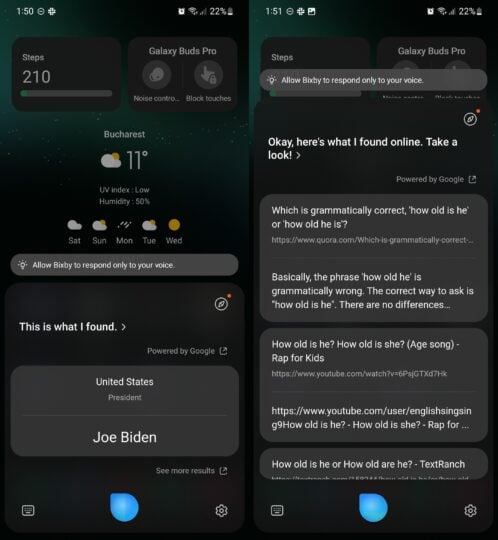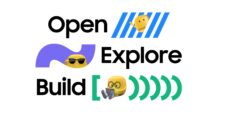By the time Samsung jumped on the voice assistant train with Bixby, it was already too late. Apple's Siri and the Google Assistant had already been out for some time. Not only did it arrive late but Bixby was also evidently less capable of the lot. It was clear that Samsung's voice assistant tech had a lot of catching up to do. Bixby had a neat little advantage when it launched. It could control device settings, launch apps, and more in response to your commands.
The company did try to aggressively push Bixby on customers. Devices like the Galaxy S8 shipped with a separate Bixby key. Most users saw it as a nuisance more than anything else. It would take two years for Samsung to finally make it possible to remap that key for other features. A couple of years later, Samsung would ultimately remove the separate key altogether.
Samsung doesn't talk about Bixby as much as it used to in the past, particularly during its Unpacked launch events. It barely got a mention during the Galaxy S23 Unpacked earlier this month. Bixby isn't really highlighted as one of the selling points for its devices anymore. That's not to say Samsung isn't making any improvements to it. A major update was released for Bixby Voice merely two months ago that improved speech recognition and added new features.
Bixby plays a pivotal role in the Galaxy ecosystem, particularly through Bixby Routine, which is a very useful feature. Samsung clearly sees enough value to keep Bixby around and with good reason. What it should do now is now look beyond what Bixby is and focus on what it could be.
OpenAI's ChatGPT has brought into the public domain all of the exceptional work that's been done on artificial intelligence and natural language processing over the past few years. Reading about all of these advancements was one thing but being allowed to try it out for themselves has made people understand that this technology has the power to revolutionize industries.
ChatGPT and Bixby have some underlying similarities. Both use natural language processing and machine learning to understand and respond to requests. The primary difference is that as a conversational AI, ChatGPT is capable of handling more complex queries with multiple follow-ups.
For example, you can ask ChatGPT to provide a meal plan targeting 1,500 calories per day and once it reponds, ask it to focus on high protein meals. You don't need to remind it about the previous query. It's capable of giving nuanced responses based on the conversation that has taken place so far.
It's disappointing that Bixby Voice still can't do that. I tested its capability to understand follow-up commands back in my Bixby Voice review back in 2017 when it had just been launched. While it could tell me who the president of the United States was, it couldn't understand the follow up command asking to tell me how old he was.
Six years later, Bixby is still unable to handle a simple follow-up conversation. What's more disappointing is that Google Assistant could already do it in 2017 and it's conversational response capabilities have only improved since then.
Bixby's existing language model is barebones in comparison. It doesn't have a vast amount of information like ChatGPT so it can't provide detailed answers or follow-ups. For most queries, it will simply pull up search results from Google. Therefore, it can't be trained on the data and that limits its ability to more accurately interpret complex requests and offer more personalized assistance.
It's time that Bixby's capabilities are given a great boost through integration with the advanced AI-based language modeling that makes ChatGPT so good. Combining Bixby's natural language processing system, which enables it to understand what you're saying and give voice responses, with significantly more powerful language modeling will enable Bixby Voice to become a true conversational voice assistant and also elevate the Samsung Galaxy ecosystem to a whole different level.
Let's assume Bixby becomes capable of this, so how could it help you? Imagine you're working on your Galaxy Book and you seamlessly transfer the thoughts you jotted down in Samsung Notes on your Galaxy phone to your PC. You could ask Bixby to copy the notes, clean up the grammatical errors, sort them into a bulleted list, and then email them to your team. All it would take is one voice command after the other in that order. Bixby would understand what it has done so far and will respond accordingly to whatever you ask it to do next. That's the closest we'll come to having a Jarvis on our devices!
Samsung missed the boat with its delayed launch of Bixby but now it has the perfect opportunity to be at the forefront of a major revolution that's definitely coming for voice assistants. One would be a fool to assume that Apple and Google aren't already working on enhancing the capabilities of their voice assistants along these lines, even though they're already more capable than Bixby.
It's great to see that Samsung has recognized this potential and is ready to take the appropriate steps. TM Roh, the boss of Samsung's mobile division, has already said that the company is looking to add ChatGPT-like features to its mobile devices. Precisely how that ends up being done remains to be seen, but it's a promising direction.
Many Samsung fans have a love-hate relationship with Bixby. One could argue that more tilt towards the latter. Some even feel that Bixby is a downright waste of space and should be removed, particularly since all Galaxy phones come with Google Assistant anyway. I don't agree with that. Bixby isn't a waste of space, rather, it's a stepping stone to powerful new experiences that can revolutionize the way we interact with our devices.
All it requires form us is some patience for Samsung to figure out how to make it all happen. If this is indeed going to happen in the future, then the future is certainly going to be very exciting.









